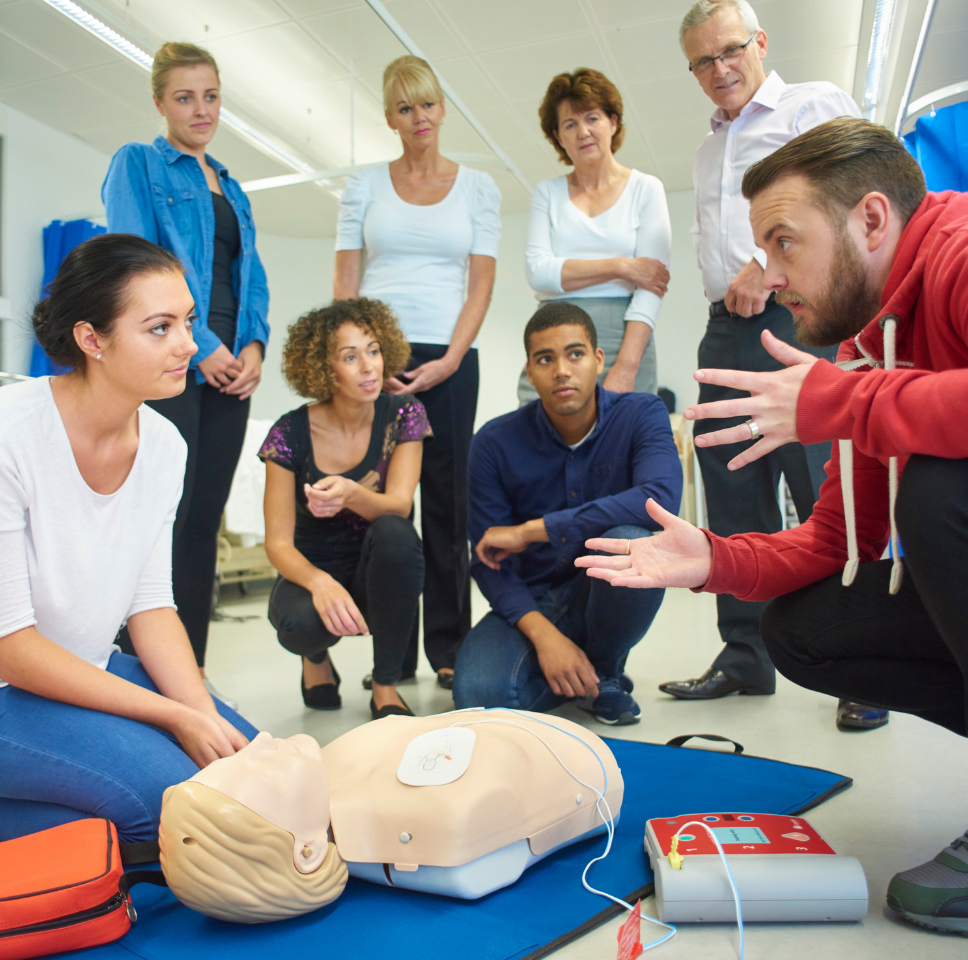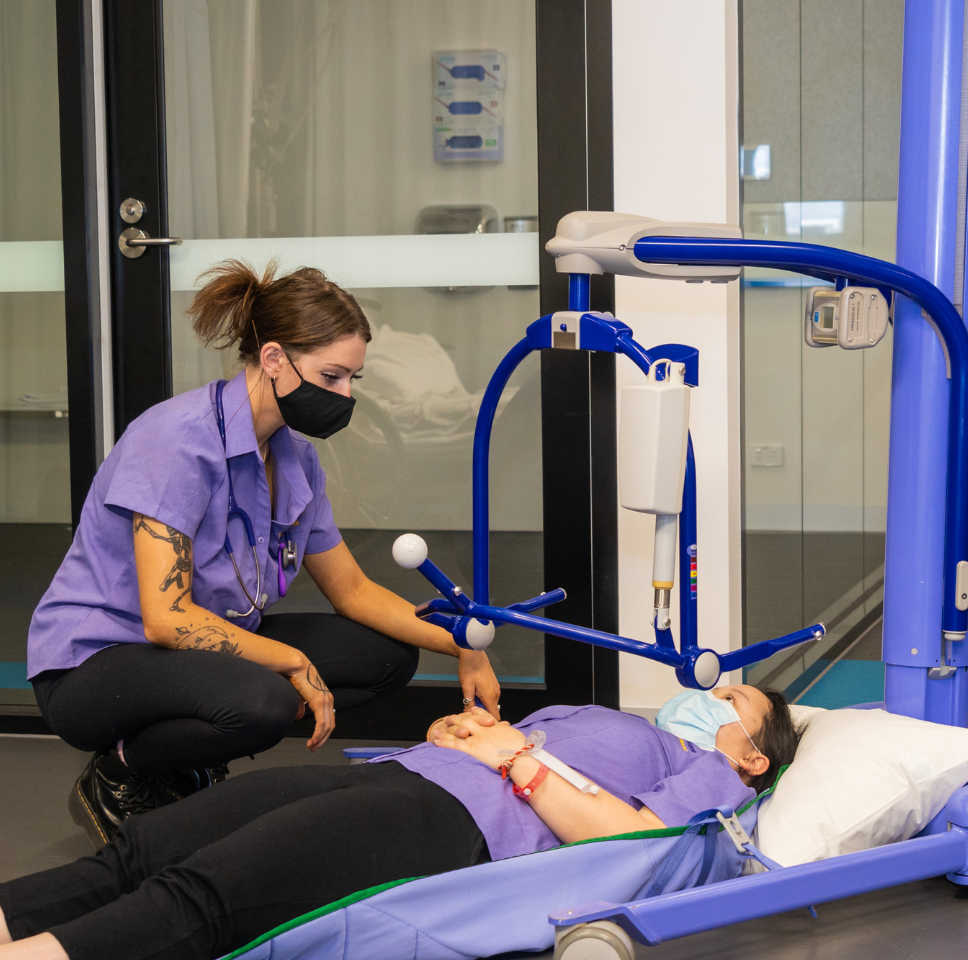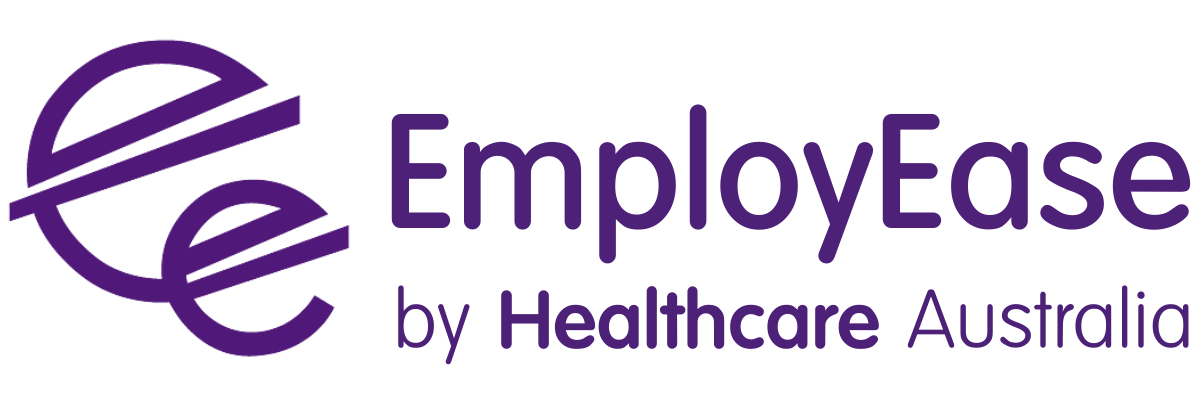Enhance your career prospects with EmployEase

The HLTSS00064 Infection control Skill Set is an online course for Aged Care workers. Upon completion, participants will learn the skills to follow organisational infection prevention and control policies and procedures, including implementing standard and transmission-based precautions and responding to infection risks in the workplace.
Career Outcomes
Students will learn a range of skills that include:
- Follow standard and additional precautions for infection prevention and control
- Identify infection hazards and assess risks
- Follow procedures for managing risks associated with specific hazards
Training / Career Pathways
This program is designed for students who are currently working in the Aged Care sector who wish to further enhance their knowledge and skills on infection control.

This course provides the skills and knowledge required to safely prepare for and provide support to clients requiring assistance with medication administration.
The course is relevant to carers and support workers currently working in residential aged care or disability support settings with authority in their state or territory to provide assistance with medication administration.
Career Outcomes
Participants to complete this course will gain an understanding of the following concepts:
HLTAAP001 Recognise healthy body systems
- Body systems and basic anatomy and physiology
- Recognising deterioration in client health
- Supporting clients to maximise health and wellbeing
HLTHPS006 Assist clients with medication
- Relevant Legislation and industry standards
- What is medication and what does it do?
- Medication names and terminology
- Medication forms and types
- Medication orders
- Preparing the client for medication administration
- Preparing and checking medication – the “rights” of medication administration
- Indications and contraindications
- Assisting with administration of medication via oral, topical and inhaled routes
- Side effects and adverse reactions
- Safe storage, handling and disposal of medication
- Reporting and post-administration documentation
Training / Career Pathways
Completing the CHCSS00070 Assist Clients with Medications Skill Set course opens you up to better employment opportunities in the Disability, Aged Care, Community, and Health Sector.

The HLTAID011 Provide First Aid qualification is the minimum requirement for workplace first aid compliance. You will be provided with the skills, knowledge and technical know-how required to manage a casualty, provide basic life support and give first aid response. Update your full first aid competency with this 8-hour hands-on course.
This course includes HLTAID009 Provide Cardiopulmonary Resuscitation (CPR).
Career Outcomes
- Ensure you’ll know what to do in the event of a first aid emergency involving a client, workmate, family member or out and about.
- Learn from our fully qualified, experienced trainers using real scenarios.
- Participants will also be required to complete an online theory assessment after the session.
Training / Career Pathways
This is a nationally approved vocational course that is recognised throughout Australia.

Update your CPR competency with this 3-hour hands-on course and ensure you’ll know what to do in the event of a cardiac arrest involving a client, workmate or family member.
The course includes a theory assessment and practical competency.

The Manual Handling Refresher course is designed for qualified Aged Care and Disability Support Workers with experience working within a direct client care environment.
Career Outcomes
Designed by experienced aged care and disability specialists, this course helps staff working in the NDIS, aged care and home care to improve their manual handling skills.
Training / Career Pathways
Completing this course gives learners a full range of skills that can be utilised in the workplace:
- Reduce your risk of injury when menouvering clients
- Gain confidence when providing manual handling support
- Increased safety for those that you are caring for
- Develop a framework for manual handling tasks
- Learn manual handling techniques that can be used within the aged care and disability sector
- Skills for bending, leaning and reaching tasks

This PEG Tubes training will give you the confidence to safely provide support for clients who have a percutaneous endoscopic gastrostomy (PEG) tube.
Career Outcomes
- Learn hands-on practical skills and theory from qualified experts. Students will gain an in-depth knowledge of PEG feeding which covers:
- What a PEG tube is
- Reasons why a PEG tube may be inserted
- Methods of administering nutrition and hydration via PEG tube
- The wider care team
- Care of the stoma site
- Psychosocial impacts and considerations for holistic care for a client with a PEG tube
- The importance of oral hygiene
- Risk management, troubleshooting and problem-solving
- Short theory Knowledge Test and demonstration of practical competency
Training / Career Pathways
Employers are increasingly looking for staff who have the skills and knowledge to support clients with complex support needs such as PEG (percutaneous endoscopic gastrostomy) feeding. Complete this course and be open to broader career opportunities.

A virtual course for anyone looking to become a certified Mental Health First Aider. The Mental Health First Aid course provides learners with the skills and knowledge needed to assist an adult experiencing a mental health problem or mental health crisis, until appropriate professional help is received, or the crisis is resolved.
Career Outcomes
- Improve your knowledge of mental health conditions, treatments and first aid strategies
- Gain confidence in providing support to a person experiencing a mental health condition
- De-stigmatise mental health issues and share your knowledge
- Support a family member or friend
- Make a difference in your community
- Provide support to colleagues in your workplace

This course addresses the skills and knowledge required to equip existing and newly qualified disability support workers with strategies to ensure people with a disability take and use medication in accordance with the documented medication chart/treatment sheet developed with their medical practitioner.
Includes module VU22962 Support People With Disability to Use Medications
Career Outcomes
Equip the existing disability support workforce with strategies to ensure that people with a disability take and use medication in accordance with the documented medication chart/treatment sheet developed by their medical practitioner.

This module has been developed to provide supplementary theory and practice to support workers in disability services who provide or will provide complex bladder & bowel care.
Course Outcomes
- Outline strategies to support healthy bladder & bowel
- Identify indications of problems in bladder & bowel function
- Identify the importance of regular bladder & bowel care
- Explain the processes, policies, requirements and risks for administering complex bladder & bowel care

The aim of this training program is to ensure that participants can safely and confidently provide support for clients experiencing seizures that require administration of Midazolam.
Learning Outcomes
Participants will gain an understanding of the following concepts:
- What epilepsy is and how it affects functioning
- Causes of epilepsy
- General management for wellbeing of people living with epilepsy
- How to interpret epilepsy management plans
- Seizures – triggers and causes
- Supporting a person during a seizure
- What is Midazolam and how does it work?
- Intrabuccal and intranasal administration of Midazolam
- Reporting and documentation

The aim of this training program is to provide disability support workers with a basic overview of person centred and positive prevention and response strategies to support clients who require behaviour support.
Learning Outcomes
Participants will gain an understanding of the following concepts:
- Behaviour as a form of communication
- Trauma informed practice
- Unmet needs
- Examples of reactive behaviours or behavioural symptoms
- Managing triggers
- Person centered support strategies
- Behaviour support plans

This course provides disability support and aged care staff with the knowledge and skills to support a person with swallowing difficulties.
Learning Outcomes
- Participants will gain an understanding of the following concepts:
The anatomy and physiology of swallowing - What to look out for – signs and symptoms of dysphagia
- The consequences and impacts of dysphagia on the person
- How swallowing assessments are undertaken
- The IDDSI framework for food and fluid modification
- The role of the support worker
Why Choose EmployEase?
High Quality Face to Face Training
For over 25 years, EmployEase has facilitated positive change in the life of the learner and in the community.
Organised Work Placements
We organise work placements for EmployEase students. This means you'll qualify with real hands-on experience which employers look for.
High Employment Outcome
After completing a course, 83.7% of our students got a job! This means you have a high chance of getting the role you deserve once qualified.


